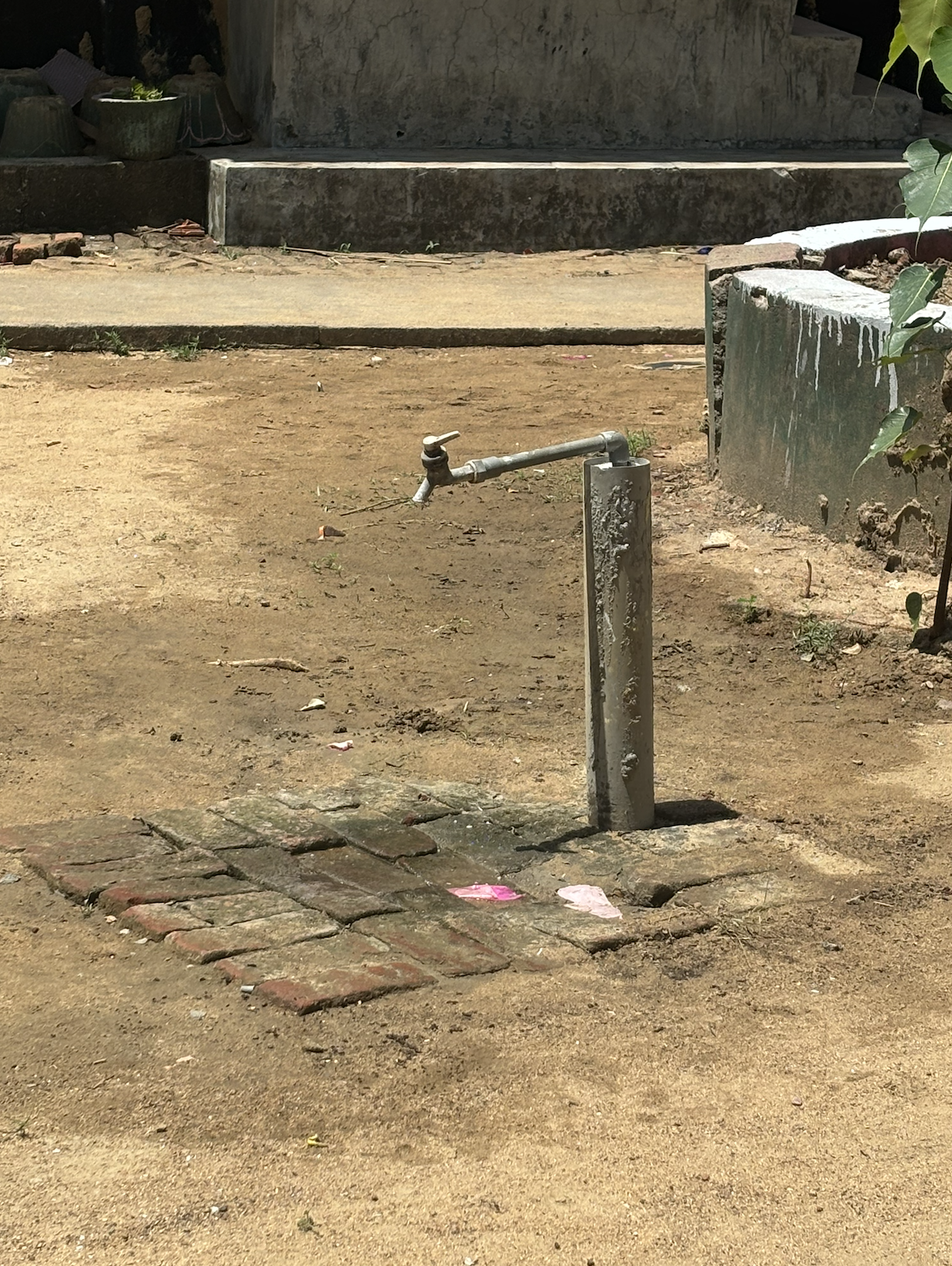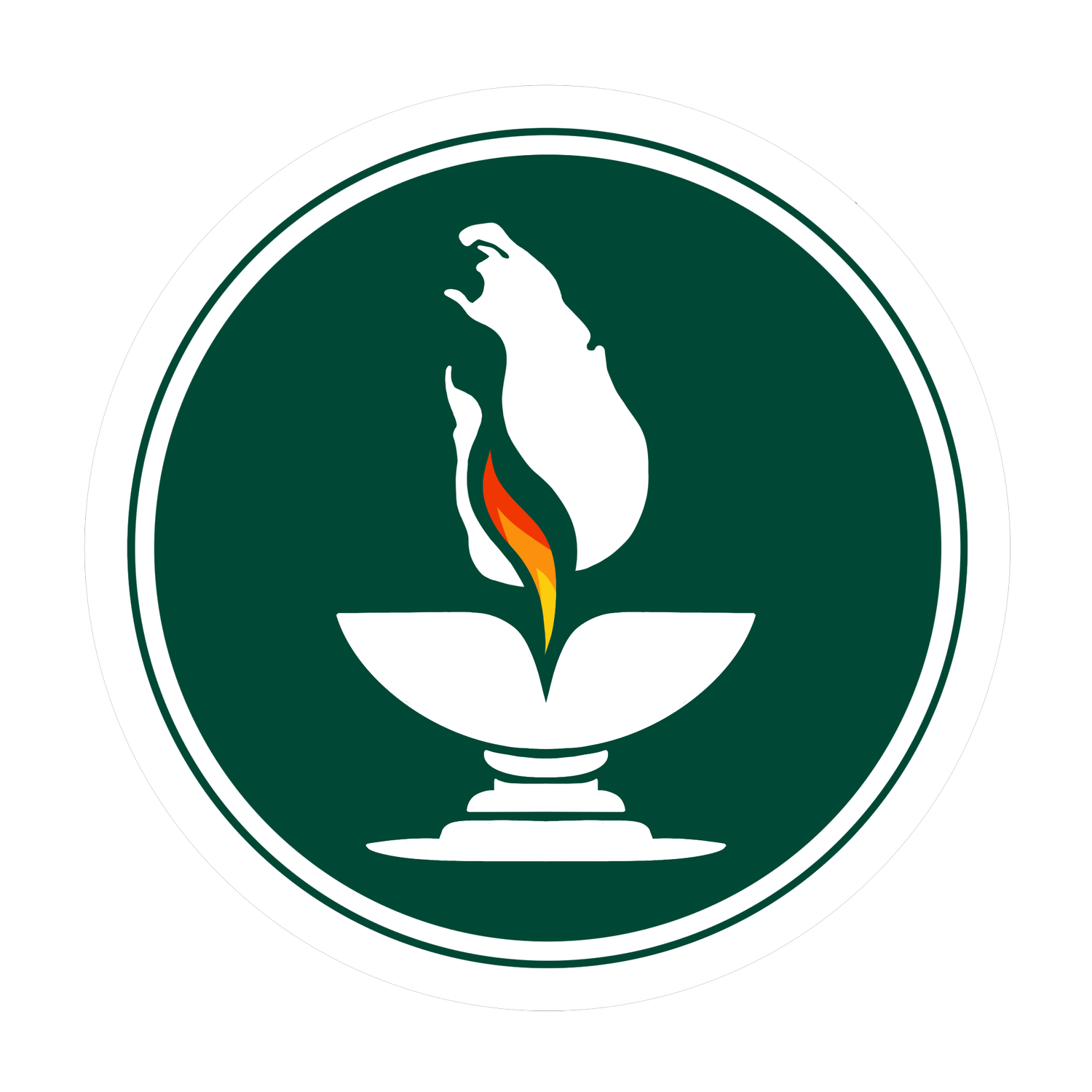Clean Water for Classrooms
Written by Sawani DeSilva
In April of 2024, Light for Lanka Foundation was able to collect around $400 from our garage sale fundraiser. Using a portion of this money, we funded a new water filter for Mahasenpura Primary School in Welikanda, Sri Lanka. The school serves 160 students in grades 1 through 5, and the filter we donated, costing 82,000 LKR (around $271.71 USD), is now providing safe, clean drinking water not only to the students but also to 140 families in the surrounding village, most of whom are farmers.
My family happened to be traveling in Sri Lanka at the time, so we decided to visit the school in person on June 10, 2024. I had the chance to be there on the day the new system was installed, so I spoke with the principal, the technicians, and met many of the students who would benefit directly from the clean water. What struck me most was how curious, excited, and grateful the children were. Some had never seen equipment like this before and it made me realize how something that might seem small to us can make a lifelong impact on others.











My Conversation With The Principal
The Principal of Mahasenpura Primary School, Mr. Nayanananda, talking with me
(This conversation was originally in Sinhala and has been roughly translated into English for clarity.)
There has been a huge issue with the school’s water filter, especially with the lack of maintenance. Over time, mud and chemicals clogged the filter, making it unusable. The issue has existed since 2018, meaning the students have gone seven years without access to clean, filtered water. Although the government provides financial assistance to the school, it comes with strict limitations. For example, the school receives Rs. 79,000 per year, but that amount is allocated specifically for school supplies and cannot be redirected to maintain or replace the water filter. As a result, funding for water purification is difficult.
When the water filtration technicians arrived, they said that the situation was in dire condition. However, the students were visibly excited and curious and gathered around the new water filtration system. The principal reflected on how difficult it must have been for the students all these years, saying, "I only came to this school around 5 months ago and I don’t know how they managed to drink water since 2018."
For many students, filtered water is a luxury. While a few places in the area may sell clean water, the children don’t have the means to pay for it, so they typically drink tap water or water from home, which is unfiltered. He said, “They’re coming up and looking at this new equipment, things they’ve never seen before. Their happiness is something they will carry for the rest of their lives.” It really stuck with me when he said that, “One child even pointed to your shoes and said, ‘Look at those shoes!’” It was a reminder that many of these children have never even been to a city or in a car and made me realized how much I take for granted.
The principal ended with gratitude by saying,“Today, I am truly happy. After coming here, I was able to help them access clean water. When I eventually leave this school, I will leave knowing that I was able to make a real difference- thanks to all of you.”
New Water Filtration System Overview
Water Filtration Technician from Osmo Tec Water Solutions
In the Polonnaruwa district of Sri Lanka, groundwater often contains high levels of total dissolved solids (TDS), including salts like calcium and magnesium. Long-term consumption of this water without treatment may contribute to certain health issues, especially in areas with limited access to clean water. To address this, the school has installed a multi-stage water filtration system to ensure the safety and quality of drinking water, which was explained to me by the water filtration technician.
Stage 1: Sediment Removal: The first filter removes large particles such as mud, sand, and other sediments.
Stage 2: Micron Filter: A fine sediment cartridge filters out particles smaller than 5 microns (like fine dust and debris).
Stage 3: Activated Carbon Filter: This filter contains activated charcoal, which removes chlorine and chemical residues and improves the taste of the water.
Stage 4: Pre-Carbon Filter: This filter removes any leftover carbon particles and remaining impurities.
Stage 5: Reverse Osmosis (RO) Membrane: The water is pressurized to around 5 bars, which is necessary for the RO process as it dissolved salts, heavy metals, and bacteria. After the treatment, the water’s TDS level drops below 60 ppm, making it safe to drink
Why This Is So Important
In Polonnaruwa, many water sources are contaminated. There have been increased cases of kidney-related illnesses in this region, particularly forms of Chronic Kidney Disease of Unknown Etiology (CKDu), which researchers suspect may be linked to environmental and water quality factors.

